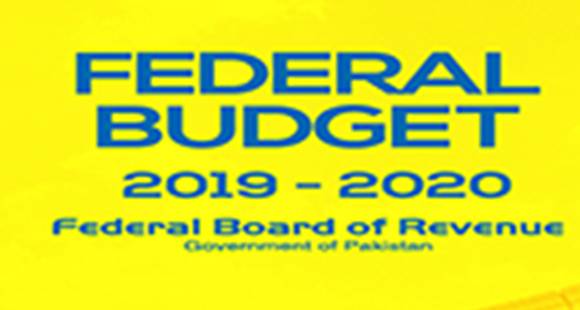KARACHI: Pakistan Business Council (PBC) – the advisory forum of large corporate entities – has said that commercial importers are involved in massive under-invoicing and they are destroying the domestic industry.
In its budget proposals for 2019/2020, the PBC recommended measures for documentation of economy to providing level playing field for domestic manufacturing.
The PBC said that across the board massive under-invoicing and dumping of imported products had been increasing. “Information regarding values at which various customs check post clear import consignment is not publicly available. This encourages unscrupulous importers to under-declare the value of consignments to evade government revenues,” it added.
It also pointed out that there are massive leakages in Afghan Transit Trade (ATT) and smuggled goods are being openly sold in all major shopping centers of the country. “Customs however is not willing to act against smuggled products citing lack of cooperation from local authorities,” it added.
The PBC recommended:
a. values at which import shipments are cleared through PRAL or CARE need to be publicly available.
b. The government of Pakistan must insist of Electronic Data Interface (EDI), initially for both Free Trade Agreement (FTA) and non-FTA from China. “In future the requirement of EDI should be made compulsory for imports from FTA/ PTA partner countries.
c. Depending on industry, the import trade price (ITP) should be fixed e.g. on the basis of country of origin, weight, volume etc. after discussion with stakeholders. “ITP’s may be fixed for most items prone to mis-declaration such as consumer goods and margins of commercial importers should be monitored to assess the value of subsequent supply of imported goods. A certificate to this effect should be issued by auditors of commercial importers.”
d. For items, prone to under invoicing and mis-declaration, Federal Board of Revenue (FBR) should designate one or two ports (including the dry ports) for clearing of import consignments. “This will allow better monitoring of the import consignments where chances of mis-declaration are on a higher side.”
e. Additionally, the old Customs General Order 25 should be revived with a provision that local manufacturer should be given the option to buy at a 15 percent premium, any consignment which appears undervalued.
f. Taxes and duties deposited local manufacturers and commercial importers should be published.
g. The rate of tax collected from commercial importers should be maintained at their current level. Presently, tax collected from commercial importers is treated as final tax. The income tax collected at import stage should be treated as advance tax.
h. Commercial importers should be required to file returns under the normal tax regime as introduced through the Finance Act, 2018.
i. In order to allow commercial importers to claim adjustment of tax deducted at import stage, commercial importers should be asked to present certificate from auditors that at least 70 percent of imported items have been exported or soled to registered manufacturers. “This will also help increase the overall tax base,” the PBC said.
j. Monthly sales declared by commercial importers should be matched with sales declared in annual income tax returns as well as the credit entries in all business bank accounts. “In case of any discrepancy, a reconciliation with justifiable reason should be submitted by the commercial importers.
k. Online CREST system must be amended in a way to trace sales along with value addition thereon of person to whom supplies were made by commercial importers.





